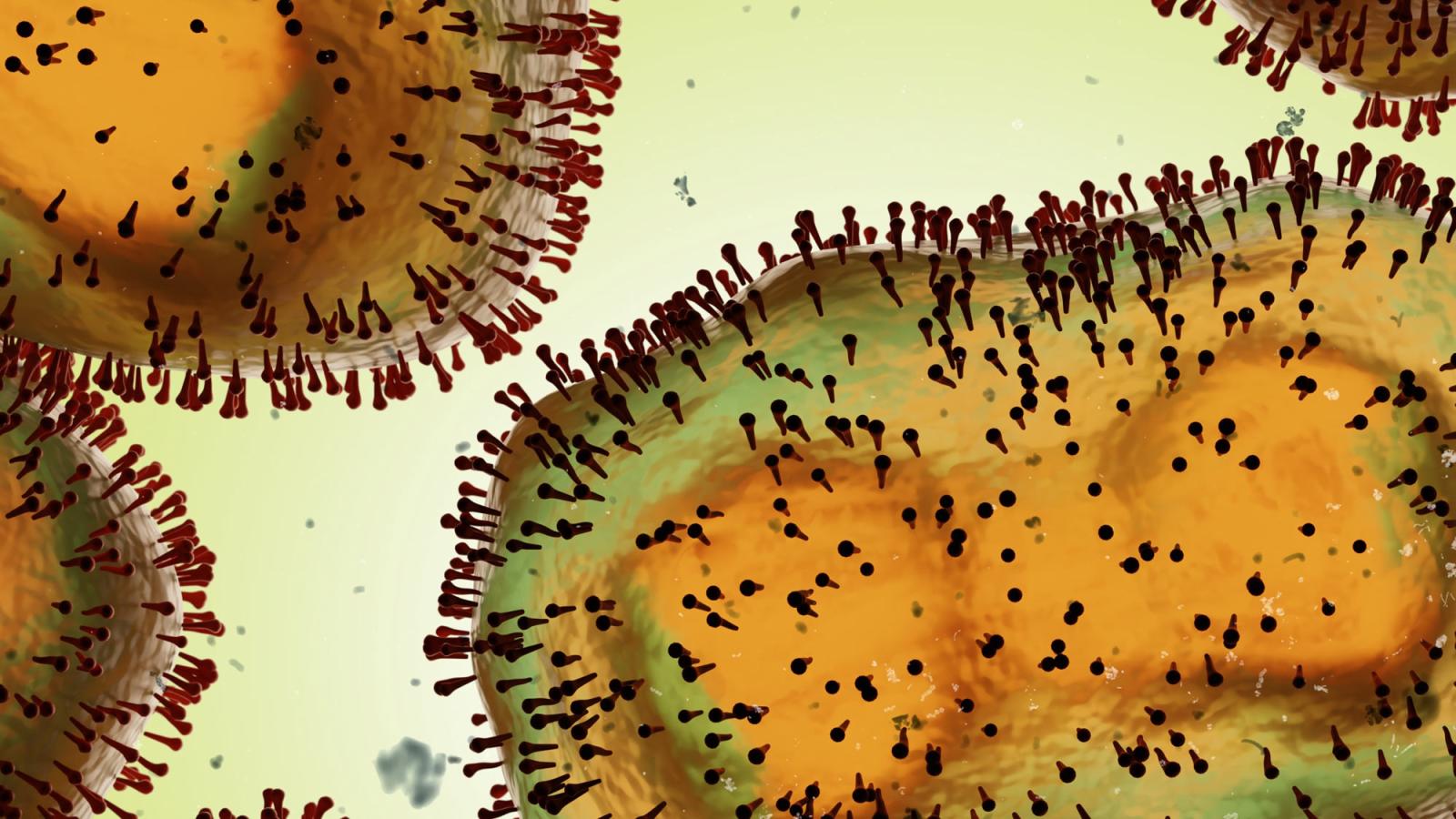Understanding Monkeypox

The Centers for Disease Control and Prevention (CDC) is tracking an outbreak of monkeypox that has spread across several countries that don’t normally report monkeypox, including the United States.
- The monkeypox virus is spreading mostly through close, intimate contact with someone who has monkeypox.
- You can take steps to prevent getting monkeypox and lower your risk during sex.
- CDC recommends vaccination for people who have been exposed to monkeypox and people who are at higher risk of being exposed to monkeypox.
- If you have any symptoms of monkeypox, talk to your healthcare provider, even if you don’t think you had contact with someone who has monkeypox.
What is monkeypox?
Monkeypox is a rare disease caused by infection with the monkeypox virus. Monkeypox virus is part of the same family of viruses as variola virus, the virus that causes smallpox. Monkeypox symptoms are similar to smallpox symptoms, but milder, and monkeypox is rarely fatal. Monkeypox is not related to chickenpox.
How does Monkeypox spread
Monkeypox spreads in different ways. The virus can spread from person-to-person through:
- direct contact with the infectious rash, scabs, or body fluids
- respiratory secretions during prolonged, face-to-face contact, or during intimate physical contact, such as kissing, cuddling, or sex
- touching items (such as clothing or linens) that previously touched the infectious rash or body fluids
- pregnant people can spread the virus to their fetus through the placenta
It’s also possible for people to get monkeypox from infected animals, either by being scratched or bitten by the animal or by preparing or eating meat or using products from an infected animal.
Learn more about monkeypox transmission.
Symptoms of monkeypox can include:
- Fever
- Headache
- Muscle aches and backache
- Swollen lymph nodes
- Chills
- Exhaustion
- A rash that can look like pimples or blisters that appears on the face, inside the mouth, and on other parts of the body, like the hands, feet, chest, genitals, or anus. The rash goes through different stages before healing completely. The illness typically lasts 2-4 weeks. Sometimes, people get a rash first, followed by other symptoms. Others only experience a rash.
Treatment for and Vaccination Against Monkeypox
Treatment for Monkeypox:
There are no treatments specifically for monkeypox virus infections. However, monkeypox and smallpox viruses are genetically similar, which means that antiviral drugs and vaccines developed to protect against smallpox may be used to prevent and treat monkeypox virus infections. Antivirals, such as tecovirimat (TPOXX), may be recommended for people who are more likely to get severely ill, like patients with weakened immune systems.
Vaccination Against Monkeypox:
When properly administered before or after a recent exposure, vaccines can be effective tools at protecting people against monkeypox illness.
- Two vaccines licensed by the US Food and Drug Administration (FDA) are available for preventing monkeypox infection—JYNNEOS (also known as Imvamune or Imvanex) and ACAM2000.
- In the United States, there is currently a limited supply of JYNNEOS, although more is expected in coming weeks and months.
Learn more about monkeypox vaccines and find out where you can get vaccinated in New York.
Preventing Monkeypox
Take the following steps to prevent getting monkeypox:
- Avoid close, skin-to-skin contact with people who have a rash that looks like monkeypox.
- Do not touch the rash or scabs of a person with monkeypox.
- Do not kiss, hug, cuddle or have sex with someone with monkeypox.
- Do not share eating utensils or cups with a person with monkeypox.
- Do not handle or touch the bedding, towels, or clothing of a person with monkeypox.
- Wash your hands often with soap and water or use an alcohol-based hand sanitizer.